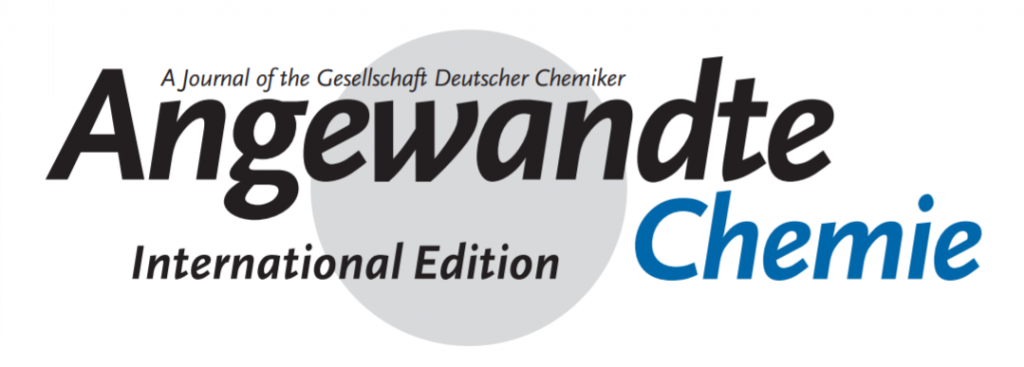
A journal has retracted two case reports by a prolific Japanese anesthesiologist who appears to be embroiled in a misconduct investigation.
The two case studies, in JA Clinical Reports, were written by Hironobu Ueshima and Hiroshi Otake, of Showa University Hospital in Tokyo. Ueshima has roughly 170 publications to his name, according to Google Scholar, so we’ll be closely watching for developments in this case.
The two retracted articles in JA Clinical Reports, a Springer title affiliated with the Japanese Society of Anesthesiologists, appeared in 2016 and 2018. The first, “Successful clavicle fracture surgery performed under selective supraclavicular nerve block using the new subclavian approach,” now carries the following notice:
Continue reading Prolific anesthesiologist in Japan has two papers retracted







